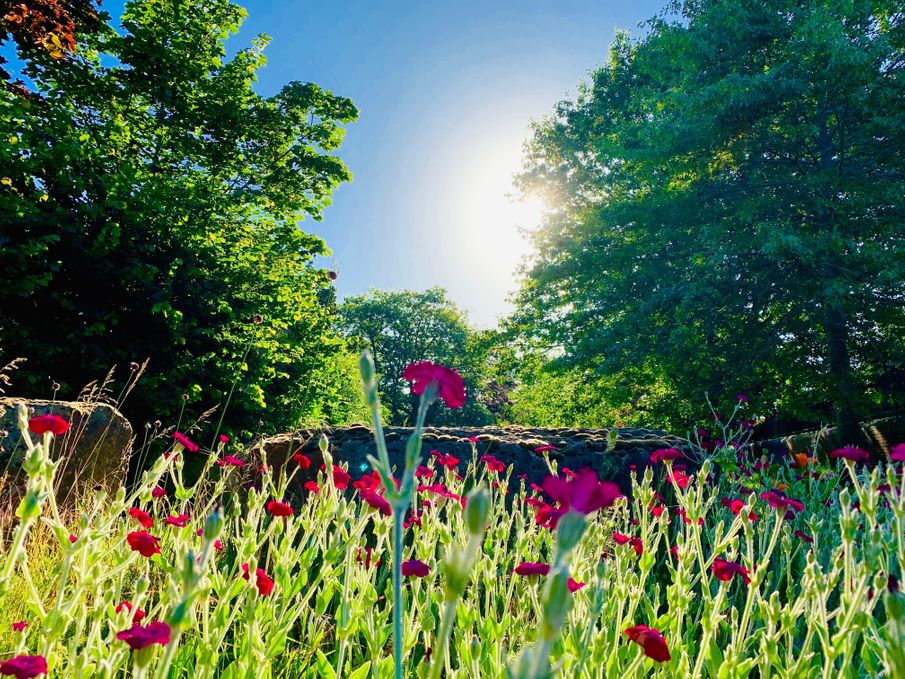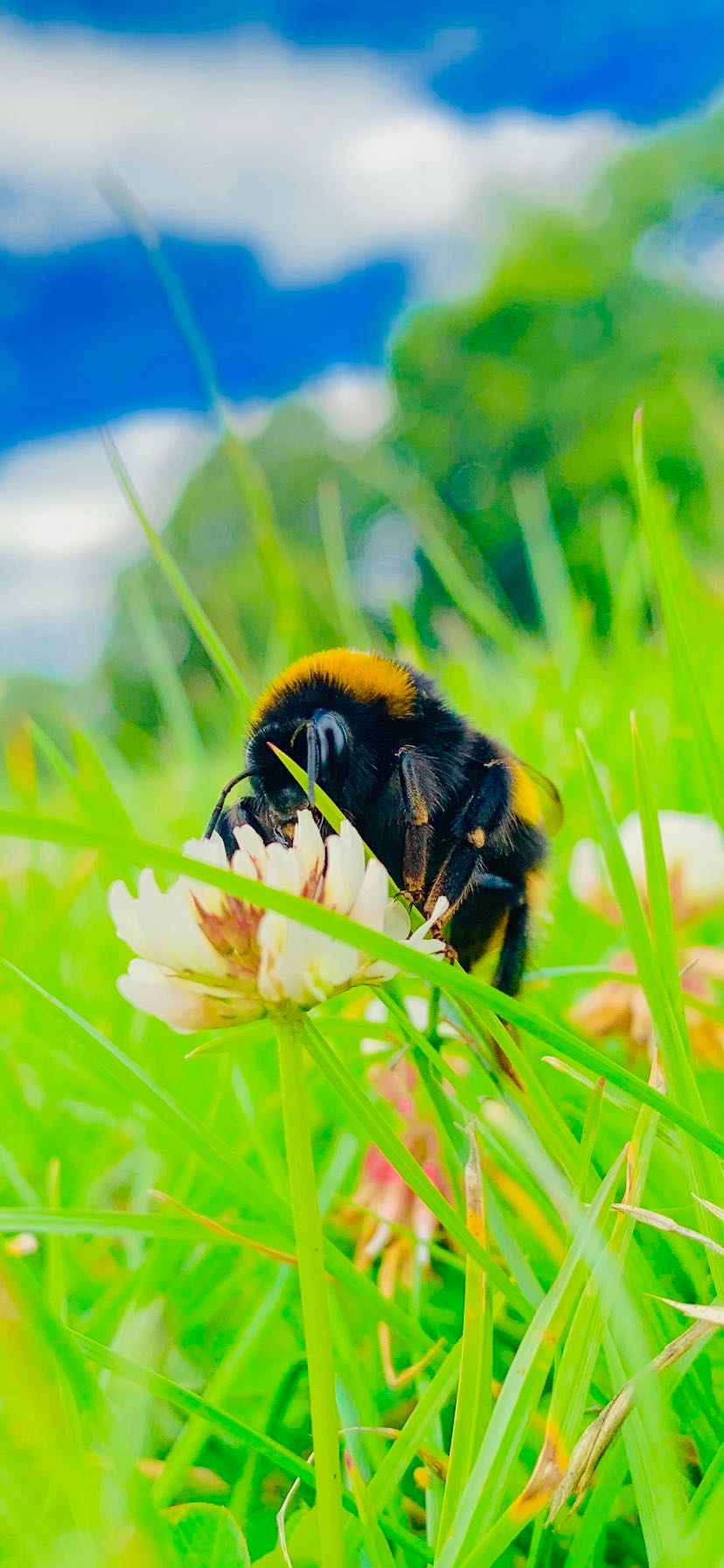Tired of popping antihistamines? It could be time to explore alternative ways to manage hay fever this season
Itchy eyes, a runny nose, headaches and a whole lot of sneezing and coughing... sound familiar? These are all symptoms of hay fever and can make the summer months miserable for those who suffer.
Hay fever is an allergic condition where the body overreacts to pollen and releases a chemical called histamine. Over the last few days here in the UK, we’ve seen especially high levels of pollen, making those of us with hay fever run indoors - closing the windows behind us.
When the sun is shining and our unafflicted friends are running around fields of flowers with ease, however, staying indoors quickly loses its appeal. So what’s a sniffly, red-eyed person to do?
The standard treatment many of us reach for is over-the-counter antihistamines. For some though, this isn’t an ideal solution. Not everyone can take this medication (check with your doctor if you’re pregnant or taking other medications) and some find the drowsy side-effects get in the way of their day.
If you’re on the hunt for an alternative treatment, you may want to consider a more natural approach. A therapy that’s gaining attention for its treatment of hayfever is reflexology.
There are 15,000 nerve endings in our feet and reflexologists believe each area of the foot corresponds to a different area of the body. By applying gentle pressure to these reflex points, the aim is to stimulate circulation and encourage the body to heal naturally.
Reflexologist and Therapy Directory member Clare Stainer explains how reflexology can help with hay fever.
“Reflexology can assist in reducing a variety of hay fever symptoms by applying techniques to the whole of the toes, the referral area for head/sinuses and eyes.
“By working the adrenal gland, inflammation is reduced and your own natural antihistamine goes to work; healthy adrenal glands secrete very precise amounts of steroid hormones, which help minimise negative and allergic reactions including environmental allergens.”
Clare also tells us that hay fever sufferers can experience a build-up of toxins, so by working the lymphatic system with reflexology, a gentle detoxification is encouraged. This gives our immune system a boost too (bonus!).
Interestingly, a link between stress and hay fever has been found, meaning your symptoms may feel worse when you’re stressed. Anything you can do to reduce stress levels may therefore help to ease symptoms.
Reflexology is designed to promote a deep sense of relaxation, and as someone who’s tried it for the first time recently - I can confirm, it will leave you feeling lighter than air. “The solar Plexus and diaphragm areas reduce stress and anxiety and relaxes breath,” Clare tells me.
After your session is over, your reflexologist may be able to show you some DIY reflexology moves you can continue when hay fever strikes.
“As part of my aftercare advice, I will show my clients the referral areas on the hand to work in helping continue the reduction in these symptoms to a tolerable level.”
Alongside reflexology, try to keep stress to a minimum. Use techniques like meditation or yoga to relax and ensure your diet is balanced and full of vitamins. Keeping your immune system healthy will help reduce the impact of hay fever and help you enjoy the summer season.
Photography by Carl Burton.
To find a reflexologist near you, visit Therapy Directory or use the search bar below.



Comments